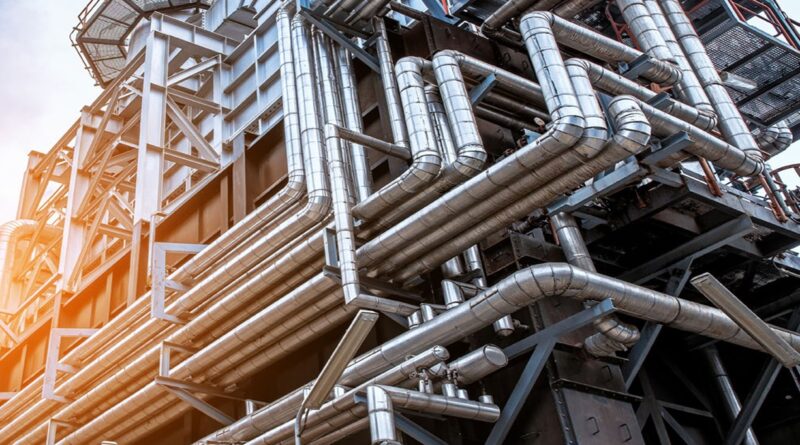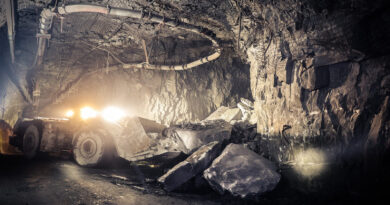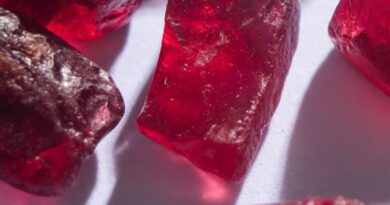What about gas goldmine in the Karoo
The Department of Mineral Resources (DMR) says, “South Africa has an estimated 390 trillion cubic feet (tcf) of technically recoverable natural gas that can be extracted from shale and this is embedded in the Karoo Basin”. That potential jackpot was announced in May 2021. But the possibility of large amounts of shale gas being buried under the Karoo had been known for some time. Also well-known were the means of getting at it. The United States proved it and was exporting gas to the world, having previously been an importer. The Minister concerned, Gwede Mantashe, had six months before proudly told Parliament that his department had discovered pockets of shale gas in the Karoo Basin. He said, “The first pocket of gas was intercepted at 1 734 metres with a further substantial amount intercepted at 2 467 metres spanning a depth of 55 metres. To date, a total of 34 gas samples have been bottled in canisters and taken to one of our laboratories for analysis.” An exploratory hole had also been dug previously down to 3.5 km.
Was this taxpayer money well spent? That is but one of the questions that come to mind two years later, what with the war in Ukraine causing a massive hike in the prices of crude oil and gas. People everywhere know that fuel costs reverberate negatively in every sector of the economy.
With no sign of shale gas coming to the surface and into our economy which is gasping for cheaper energy, more questions need answering. Top of the list is why a government department is using taxpayers’ money to drill holes to find natural gas when oil companies or private companies’ investors would do the job without taxpayer help? Has the Treasury stopped this meddling by a government in an area where it has no expertise? If so, then the possibility of a course change in energy policy might be in the offing.
The first is to allow private exploration for shale gas to take place anywhere in the Great Karoo (except declared nature reserves) without government regulatory interference other than post facto when all pollution and environmental damage would have to be accounted for by the drilling company which would have to take out insurance against the risks. A 10 % share of all gas found would have to accrue to the landowner. The State would have to not be greedy or tardy in issuing licences either.
A second thing would be for the State to wave its ownership of any gas found. In return, the State would insist on private ownership and burying of any gas pipeline required to transport the gas to market. In short, to find and develop our shale gas reserves, the private sector, driven by a profit motive, should be left to do the job.
In light of the sanctions on Russian oil and gas Britain is said to be about to lift its embargo on fracking for gas Northern England is estimated at having more and better quantities than those of the United States.
So, why not lift our embargo on drilling for gas as well?




